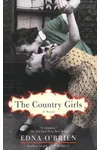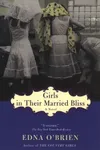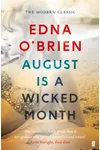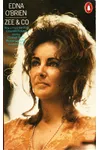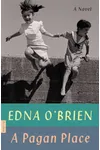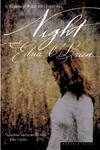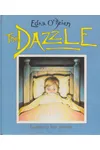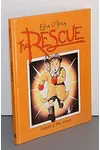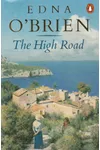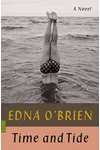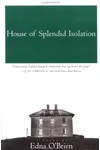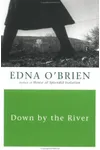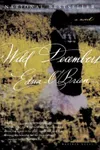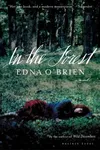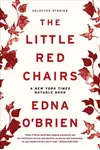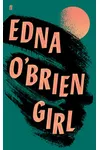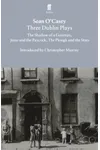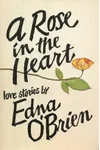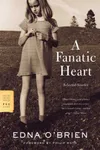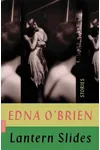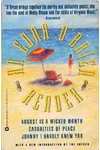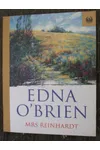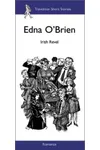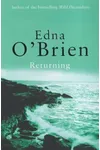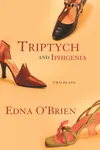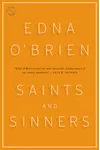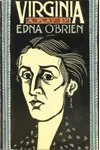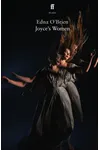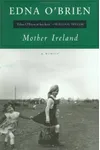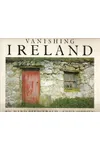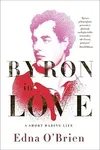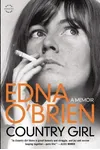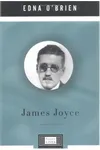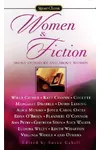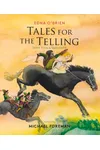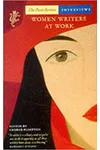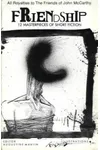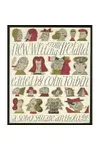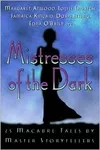Picture a fiery Irish storyteller who shook the literary world with her bold tales of women’s hearts and desires—meet Edna O’Brien! Born in 1930 in rural County Clare, Ireland, O’Brien transformed the landscape of Irish fiction with her fearless exploration of female sexuality, societal constraints, and the raw emotions of everyday life. Her lyrical prose and unflinching honesty made her both a celebrated novelist and a controversial figure, with books banned in her homeland yet cherished worldwide.
From her groundbreaking debut, The Country Girls, to her poignant final novel, Girl, O’Brien’s work captured the struggles and triumphs of women in a way that felt revolutionary. Let’s dive into her life, her unforgettable stories, and why she remains a literary icon.
The Making of Edna O’Brien
Edna O’Brien grew up in Tuamgraney, a small, devoutly Catholic village where literature was scarce, and her father’s alcoholism and gambling cast a shadow over her childhood. Raised in a strict family, she found solace in storytelling, scribbling sketches from a young age. After a convent education, she studied pharmacy in Dublin, but her heart was set on writing. In 1959, she fled to London with her husband, novelist Ernest Gebler, and there, her literary career ignited. Her debut novel, written in just three weeks, would change Irish literature forever.
Edna O’Brien’s Unforgettable Stories
O’Brien’s first novel, The Country Girls (1960), follows two young women, Kate and Baba, as they rebel against rural Ireland’s repressive norms. Its candid depiction of female desire sparked outrage—banned in Ireland and publicly burned in her hometown. Yet, its fresh, lyrical voice won global acclaim, kicking off a trilogy with The Lonely Girl (1962) and Girls in Their Married Bliss (1964). These works blend humor, heartache, and sharp social critique, showcasing O’Brien’s knack for capturing women’s inner lives.
Her later novels, like Down by the River (1996), tackle harrowing real-life issues, such as a teenager’s struggle for abortion rights, while The Little Red Chairs (2015) weaves a haunting tale of an Irish woman entangled with a war criminal. O’Brien’s final novel, Girl (2019), inspired by the 2014 Chibok kidnapping, proves her lifelong commitment to giving voice to the oppressed. Her prose—lush, evocative, and unflinchingly honest—earned praise from peers like Philip Roth, who called her one of the most gifted writers in English.
Beyond novels, O’Brien penned plays, like Virginia (1980) about Virginia Woolf, and nonfiction, including a lauded biography of James Joyce (1999). Her memoir, Country Girl (2012), offers a vivid glimpse into her journey from rural Ireland to literary stardom.
Why Edna O’Brien Matters
Edna O’Brien didn’t just write stories; she redefined what Irish literature could be. By centering women’s experiences—their desires, struggles, and resilience—she paved the way for future generations of writers, especially women. Her work challenged Ireland’s conservative mores, sparking debates on gender, sexuality, and freedom. Internationally, her awards, including the Irish PEN Lifetime Achievement Award and France’s Ordre des Arts et des Lettres, reflect her global influence. As novelist Anne Enright noted, O’Brien “blew open the possibilities for Irish fiction” by daring to write as a woman.
Her legacy endures in the countless readers and writers inspired by her courage and artistry. O’Brien’s stories remind us that even in the face of hardship, the human spirit—especially the female spirit—can shine through.
- Born: December 15, 1930, Tuamgraney, County Clare, Ireland
- Key Works: The Country Girls Trilogy, Down by the River, The Little Red Chairs, Girl
- Awards: Irish PEN Lifetime Achievement Award (2001), PEN/Nabokov Award (2018), David Cohen Prize (2019)
Snag The Country Girls and dive into Edna O’Brien’s bold, beautiful world of Irish storytelling!
